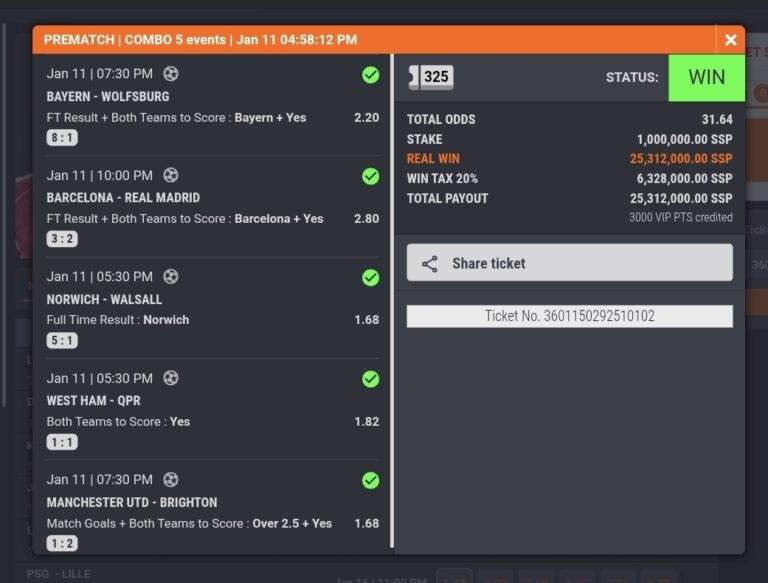
In a major breakthrough for local peace efforts in South Sudan’s Jonglei State, more than 1,500 White Army fighters loyal to Prophet Makuach Tut have arrived in Ayod Town for integration into the national army, marking a key moment in efforts to end years of deadly clashes.
The arrival, confirmed on October 8, comes after Makuach agreed to dialogue with the government and dispatched a delegation led by Prophet Jal Chak Jal, who personally led the youth fighters to the county headquarters.
“We are ready for peace, and there is no more war,” Prophet Jal told Radio Tamazuj in Nuer language. “War has caused great suffering to our people. Through peace, we believe the government will see the pain of our communities.”
For years, the White Army — a loosely organized militia composed mainly of Nuer youth — has been involved in violent clashes across Jonglei and Upper Nile regions. Their decision to lay down arms could represent a turning point in restoring security and stability.
Ayod County Commissioner James Chuol Jiek confirmed that 1,570 armed men had arrived with AK-47 rifles and rocket-propelled grenades, saying they came voluntarily.
“They realized that dialogue is the only way forward,” Jiek said, calling on the national government to expedite the integration process and support disarmament efforts.
However, the development comes amid conflicting political claims. SPLA-IO spokesperson Col. Lam Paul Gabriel dismissed reports that opposition soldiers or youth groups had defected to the ruling SPLM, saying the party was using local youths to create false political appearances.
“What is happening in Ayod is an attempt by the SPLM to mobilize youth from the Gawar Nuer community to retaliate against the Lou Nuer,” Lam said. “These youths were forced to appear on national TV as defectors.”
He added that all those involved had since returned safely to their homes, reaffirming the SPLA-IO’s commitment to voluntary recruitment only.
Civil society groups welcomed Prophet Makuach’s decision as a “peace gesture” that could open doors for lasting reconciliation.
Ter Manyang, Executive Director of the Center for Peace and Advocacy (CPA), urged the government and local leaders to ensure the peace process remains credible.
“We are happy that both sides have agreed to talk,” he said. “This must be a genuine process that ends the cycle of revenge between the Lou Nuer and Gawar youth.”
The Ayod initiative comes at a crucial time for South Sudan’s peace roadmap, as the transitional government faces growing pressure to implement national security arrangements and unify forces ahead of long-delayed elections.
If the reintegration succeeds, it could serve as a local model for broader reconciliation in conflict-affected areas of Jonglei and beyond — a sign that peace, after years of bloodshed, might finally be within reach.




